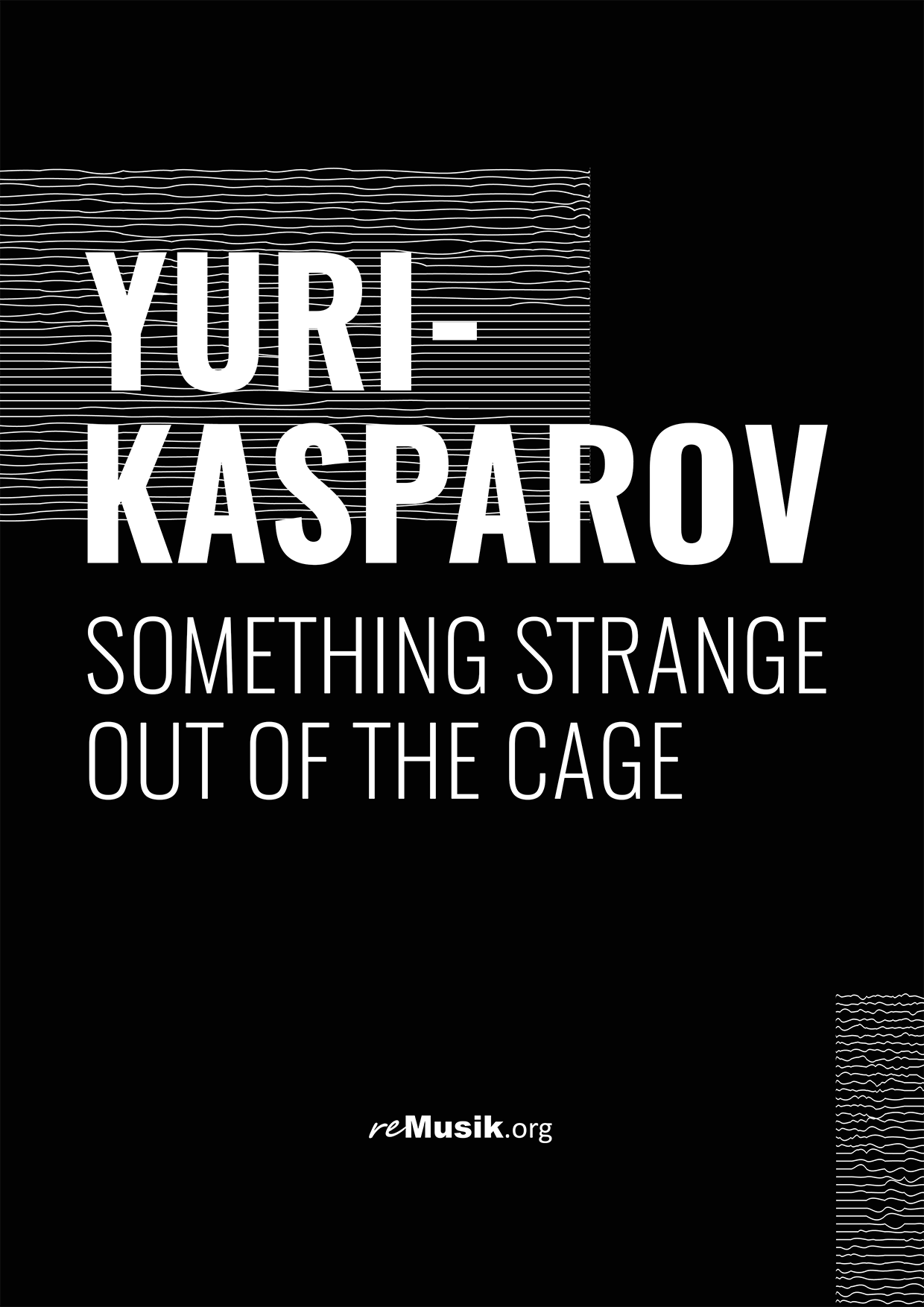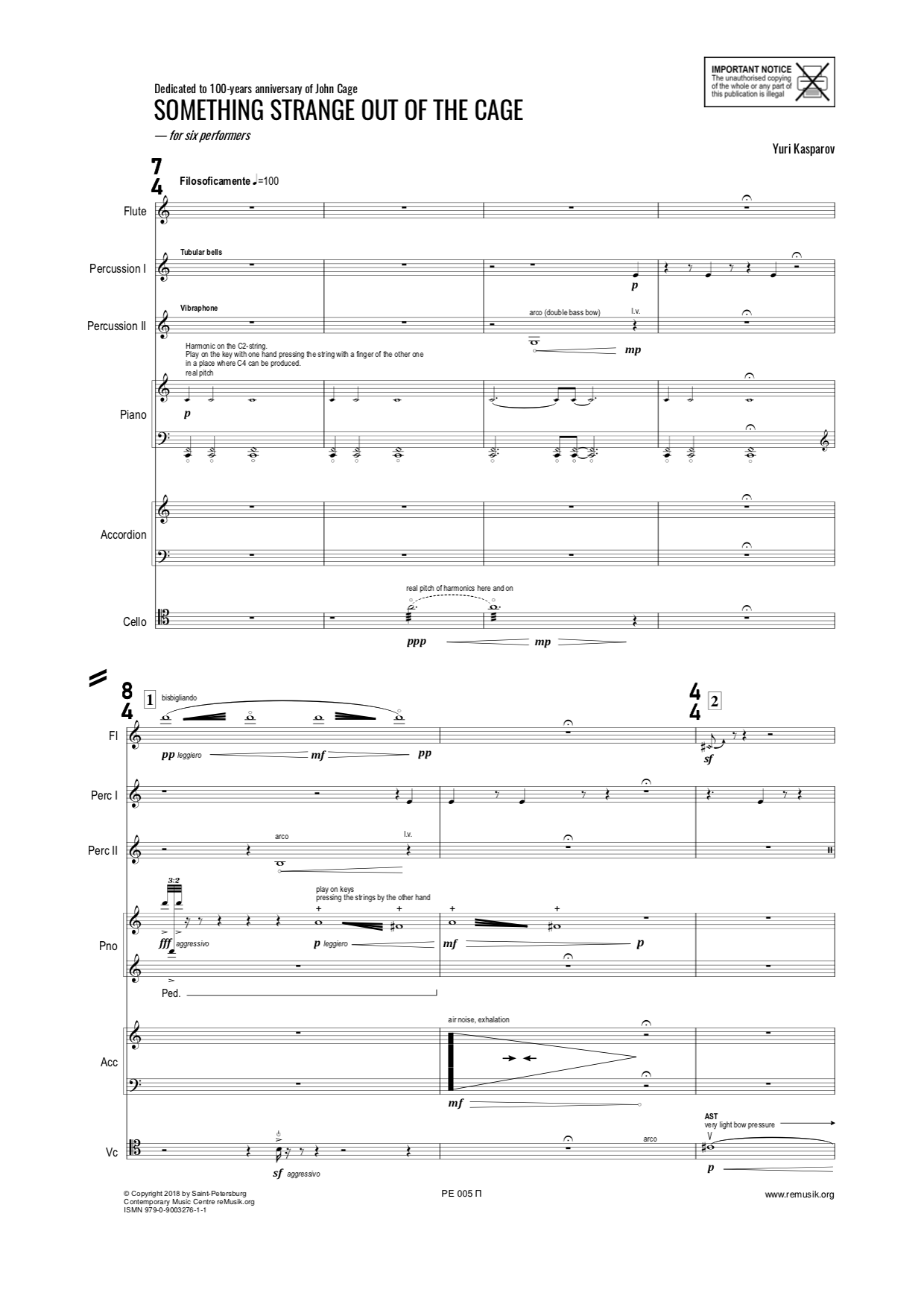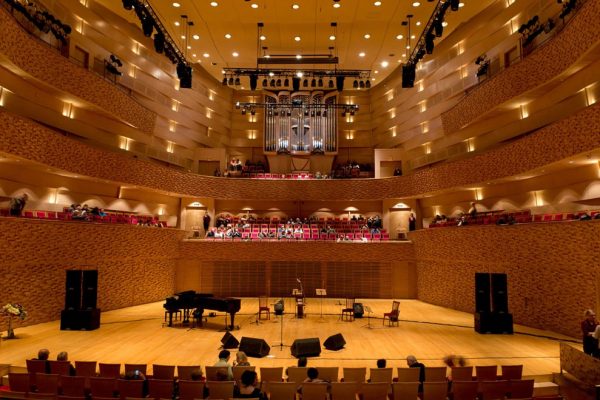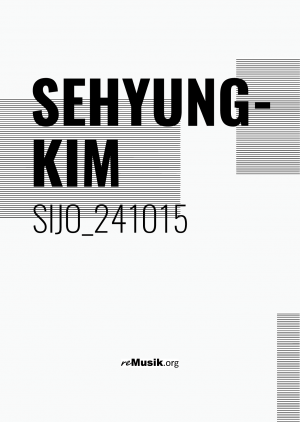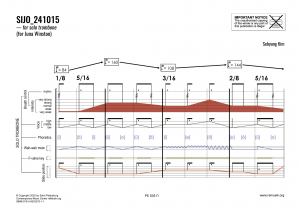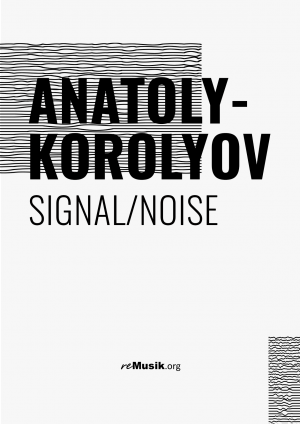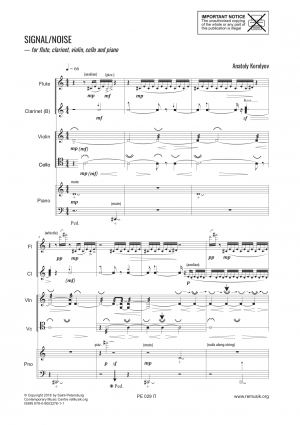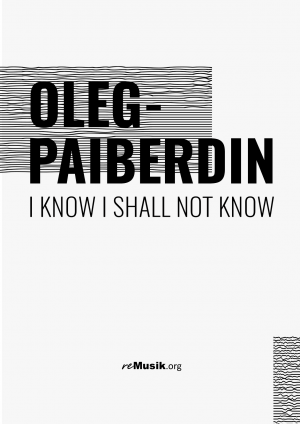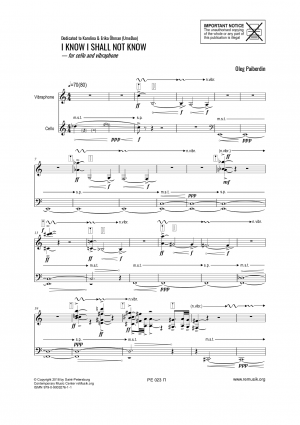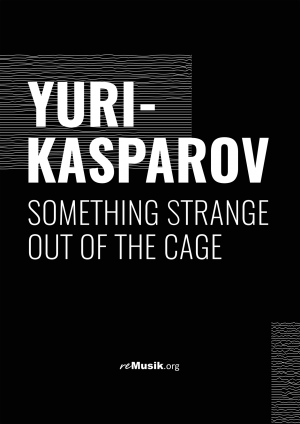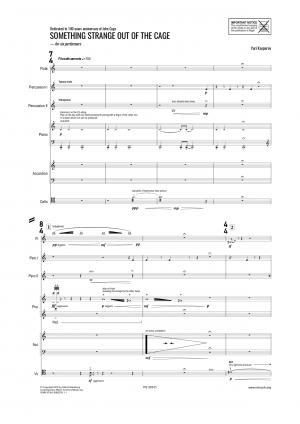«Chamber music is our main activity»
reMusik.org Festival participants – Trio SÆITENWIND (Switzerland) and Les Percussions de Strasbourg (France) answered questions from correspondents of reMusik.org magazine Elizaveta Starichenkova and Evgeni Avdeev:
– Is your ensemble activity the main one in your career as a musician?
– How do you create the program? How early do you generate it?
– Do you perform the works of young composers as a separate program or only in comparison with the works of their senior colleagues?
– While compiling a concert program do you give priority to the “hits” of modern music or little-known ones?
– Do you collaborate with other ensembles?
– In your opinion, what is modern academic music in Russia today?
– Which Russian composers do you communicate with, work with?
– What is the music piece of the XX-XXI century, which, in your opinion, should be in the repertoire of each ensemble of modern music?
– How did rehearsals of music pieces for the festival take place during the isolation period?
– Tell us about the positive aspects of quarantine?
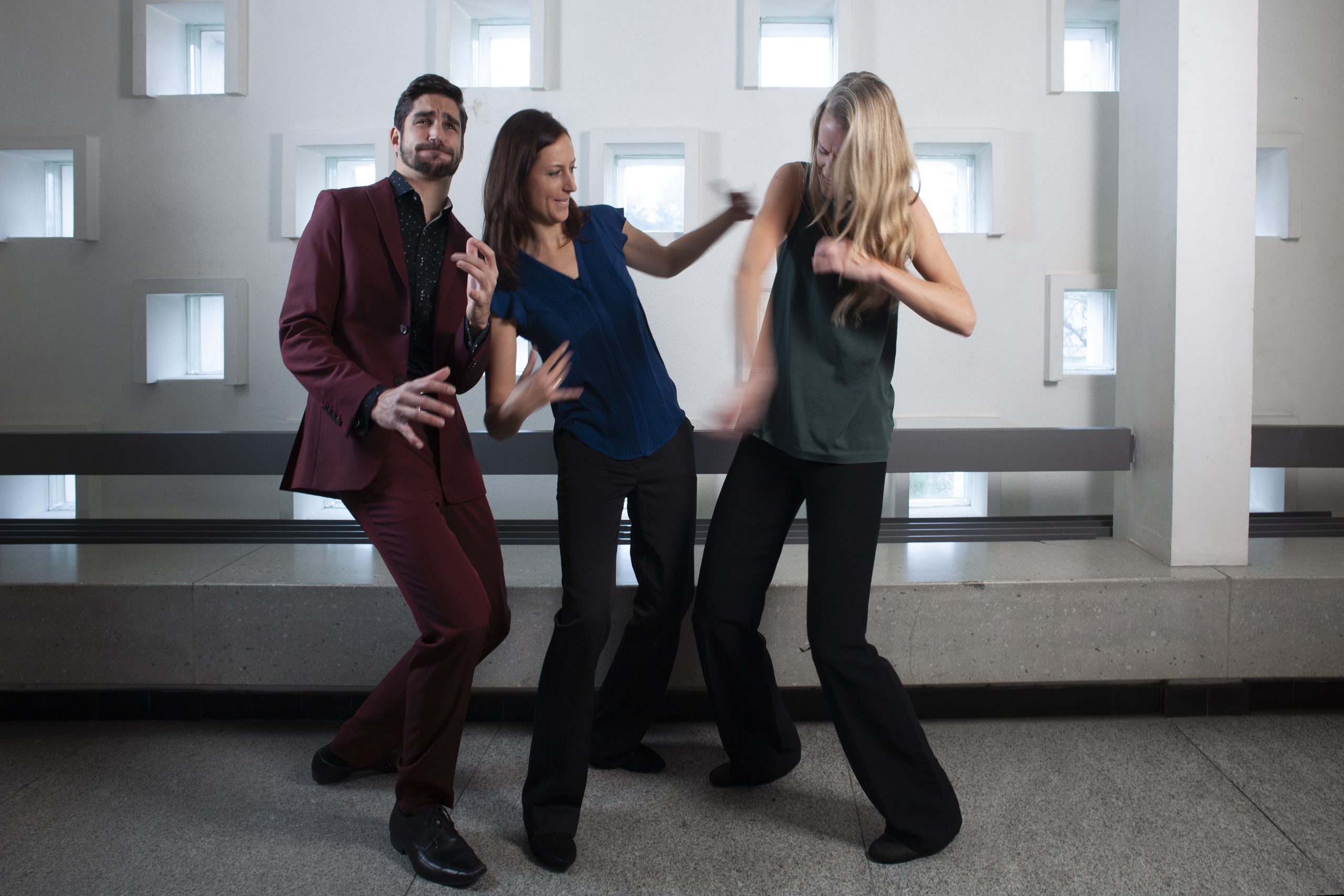
Трио SÆITENWIND
With Trio SÆITENWIND we perform around 10-12 concerts per season. Chamber music is the main activity in our careers, and the trio is an important part of that. Besides the trio, we all play in different ensembles/chamber music groups/small orchestras.
When we commission new pieces we have to start planning quite early, perhaps 1.5 years before the premiere or more. But plans often change along the way, or new ideas come up, so that we also discuss the program a few weeks before a concert. We try to have a good mix of young and more established composers. And when we give commissions, we also try to have a big diversity, on one hand presenting young, emerging composers, but also commissioning older, more established composers.
We are a trio with saxophone-accordeon-cello, so there are very few “hits” for our instrumentation. We hope that the pieces we are now premiering, will one day become hits! So far, we didn’t collaborate with other ensembles, but it could be an interesting project for the future. Especially at festivals such as reMusik.org, where it would be very interesting and inspiring to collaborate with an ensemble from St. Petersburg. Contemporary Russian music is very interesting and diverse. There is not only one “style” of music, but everything – ranging from more very tonal music to the most experimental and improvised music. With the trio, we have so far only played the music by Svetlana Lavrova, which was written for us to be premiered at reMusik.org festival. But all of us have previously worked with other russian composers in other chamber music groups: Elena Rykova, Oleg Paiberdin, Arman Gushchyan among others.
What is the music piece of the XX-XXI century, which, in your opinion, should be in the repertoire of each ensemble of modern music? For our instrumentation there is of course no such piece. But for a more “standard” ensemble we would say that Arnold Schönberg Pierrot Lunaire is the biggest hit of the XX century and should be the starting point for any ensemble wishing to perform contemporary music.
In Switzerland we were always allowed to meet in groups of up to 5 people. So for a trio, no problem. Unfortunately we think there are many more negative than positive aspects of quarantine… But we were able to make some plans for the future at least.
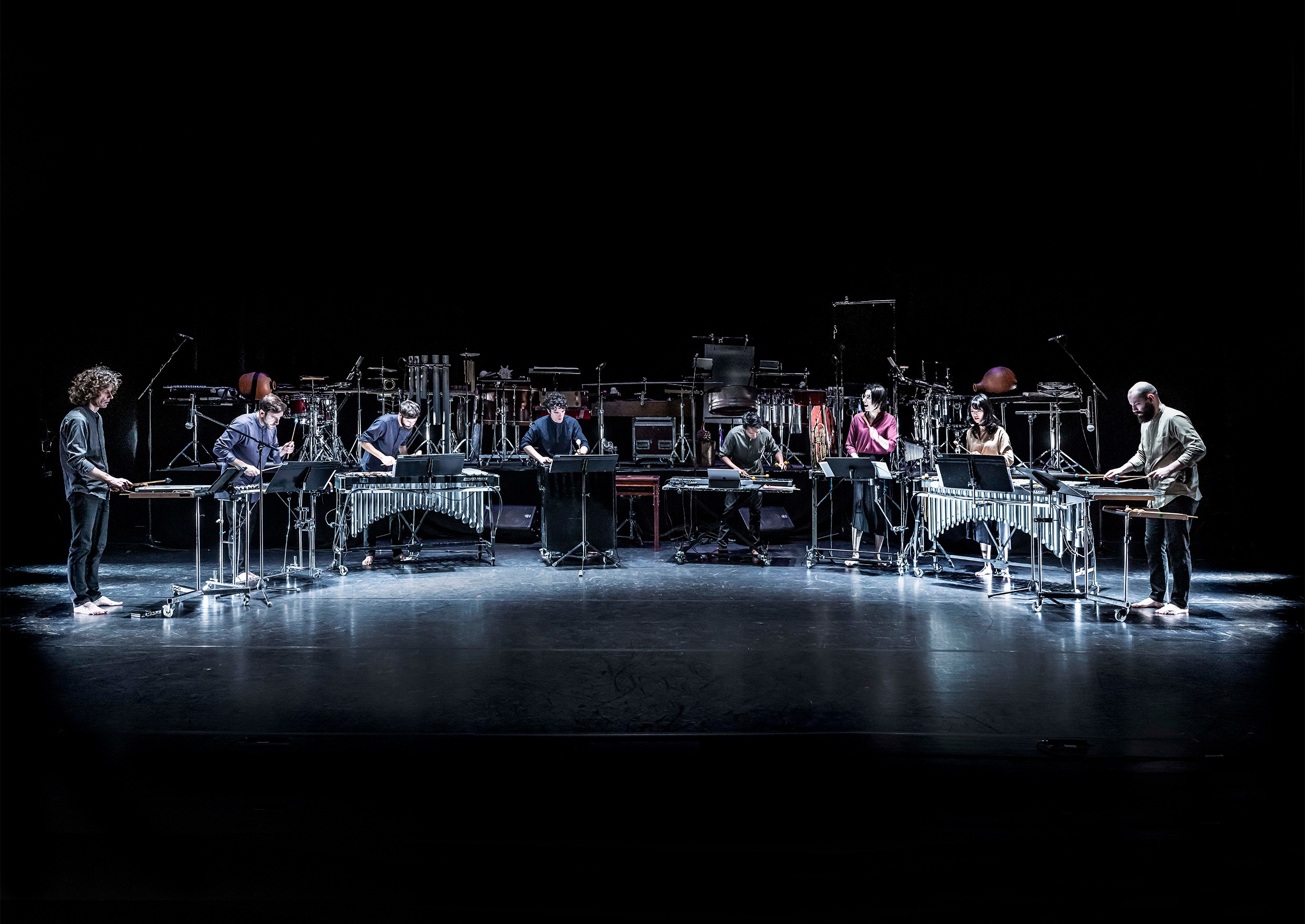
Les Percussions de Strasbourg
Most of the musicians have a music teaching or another musical projects besides but some also work only for Les Percussions de Strasbourg. Historically, the ensemble composes the programs with different pieces of our repertoire and with creations according to the wishes of a festival or a theater. Usually the requests from those places are made around one year before the concerts. Some pieces need a lot of time to rehearse because it’s difficult to have played the 400 works we have. We also have requests to play pieces which are not in our repertory and, of course, new creations for our ensemble.
Beside, we’re trying more and more to work on shows with a clear thematic like Timelessness (Thierry De Mey – 2019), Ondée (Karl Naegelen – 2018), Ghostland (Pierre Jodlowski – 2017) … and we need to prepare those projects 3 years before the premiere. Today, we have a balance with those two forms and have like 15 programs ready to tour.
We like to command new works from young composers in mirror of pieces of our repertoire. Sange (Malika Kishino) is in mirror to Hierophonie V (Yoshihisa Taira), Kore (Carmine Emanuele Cella) is in mirror to Persephassa (Yannis Xenakis). The new works use almost the same instrumentation and keeps an idea inspired from the pieces from the repertoire. It makes our stage much more light and the artistic thematic get clearer. The most important is to make an interesting program with a clear idea and to find a balance between the pieces. We always find a place for each pieces with no differences between “hits” and other.
We really use to collaborate with different ensembles with different esthetics. With ORK, we played a contemporary music mixed with instrumental rock. With VOIX DE STRASS, it was around John Cage music. With HANATSU MIROIR, we worked on Joji Yuasa’s music. We also work with dance companies, theater.
What is the music piece of the XX-XXI century, which, in your opinion, should be in the repertoire of each ensemble of modern music? –People of XXII century will tell ☺
Russia always had great composers and the new ones can really be grateful about academies like reMusik.org. They are very curious and it is the main quality. We communicate with Mehdi Hosseini and Vladimir Rannev.
How did rehearsals of music pieces for the festival take place during the isolation period? Very hard because we are percussionists and didn’t have a lot of time when we got back to work to prepare the recording. But we spent time with our families.
Correspondents: Elizaveta Starichenkova and Evgeni Avdeev.

